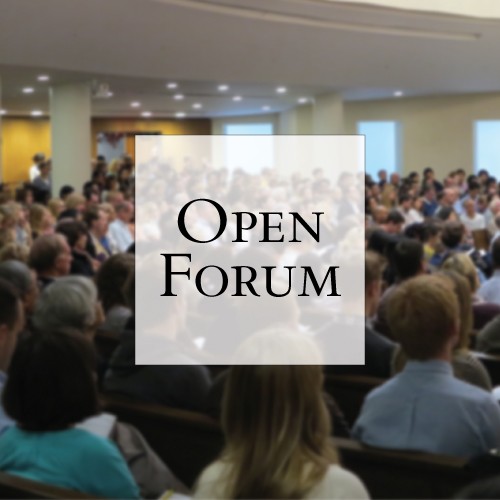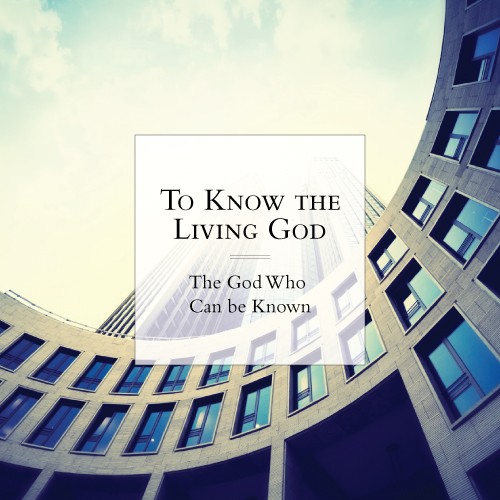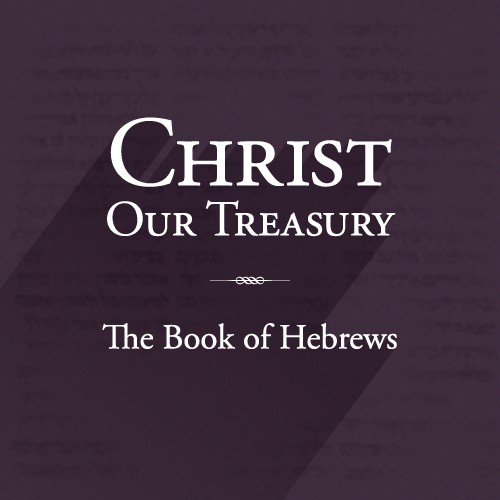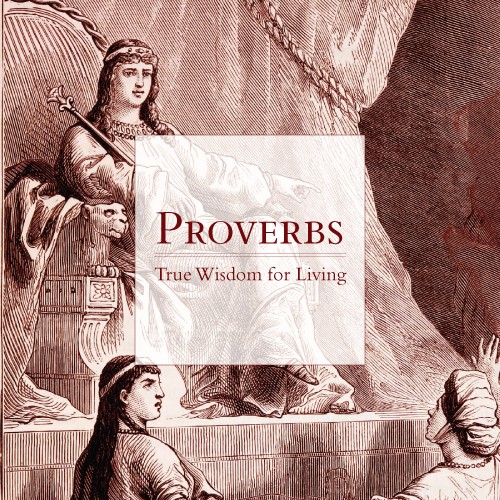
What is Truth? (Open Forum)
Tim Keller | March 5, 1995
Overview
“What is truth?” is the famous question Pilate asks Jesus before the crucifixion. Did he sincerely believe that truth was something that could be grasped or was he a skeptic that doubted the existence of truth? “We must understand Pilate to understand ourselves, for he may have represented the very modern view that truth is after all a relative and subjective affair, an agreed-upon convention, a matter of expedience — and that therefore we are justified in doing anything that seems expedient, even as Pilate” (Joy Davidman, Smoke on the Mountain).
The Gallup poll reports 66 percent of Americans say there is no such thing as absolute truth, but historic Christianity says there is — moral absolutes, absolute truths, truths about God and eternal things that everybody and every culture needs to bow to and submit to. Let’s look at it more closely under these three headings: 1) how we deny truth, 2) why we deny it, and 3) how we use it anyway (that you can’t avoid living your life as if there is absolute truth).




